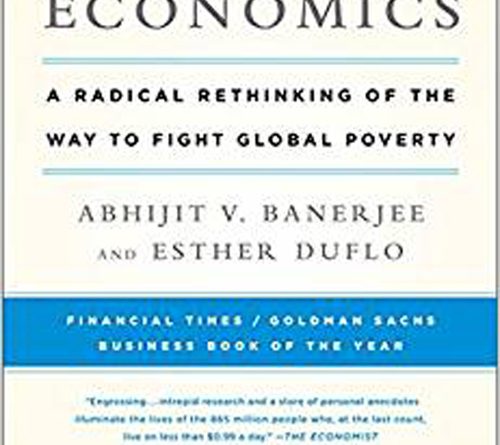Poor Economics: A Radical Rethinking of the Way to Fight Global Poverty
By Ford Foundation International Professor of Economics and Director Poverty Action Lab Abhijit Banerjee, Esther Duflo
Two practical visionaries upend the most common assumptions about how economics works in this gripping and disruptive portrait of how poor people actually live. Why do the poor borrow to save? Why do they miss out on free life-saving immunizations, but pay for unnecessary drugs? In Poor Economics, Abhijit V. Banerjee and Esther Duflo, two award-winning MIT professors, answer these questions based on years of field research from around the world. Called “marvelous, rewarding” by the Wall Street Journal, the book offers a radical rethinking of the economics of poverty and an intimate view of life on 99 cents a day. Poor Economics shows that creating a world without poverty begins with understanding the daily decisions facing the poor.
Read book complete here











